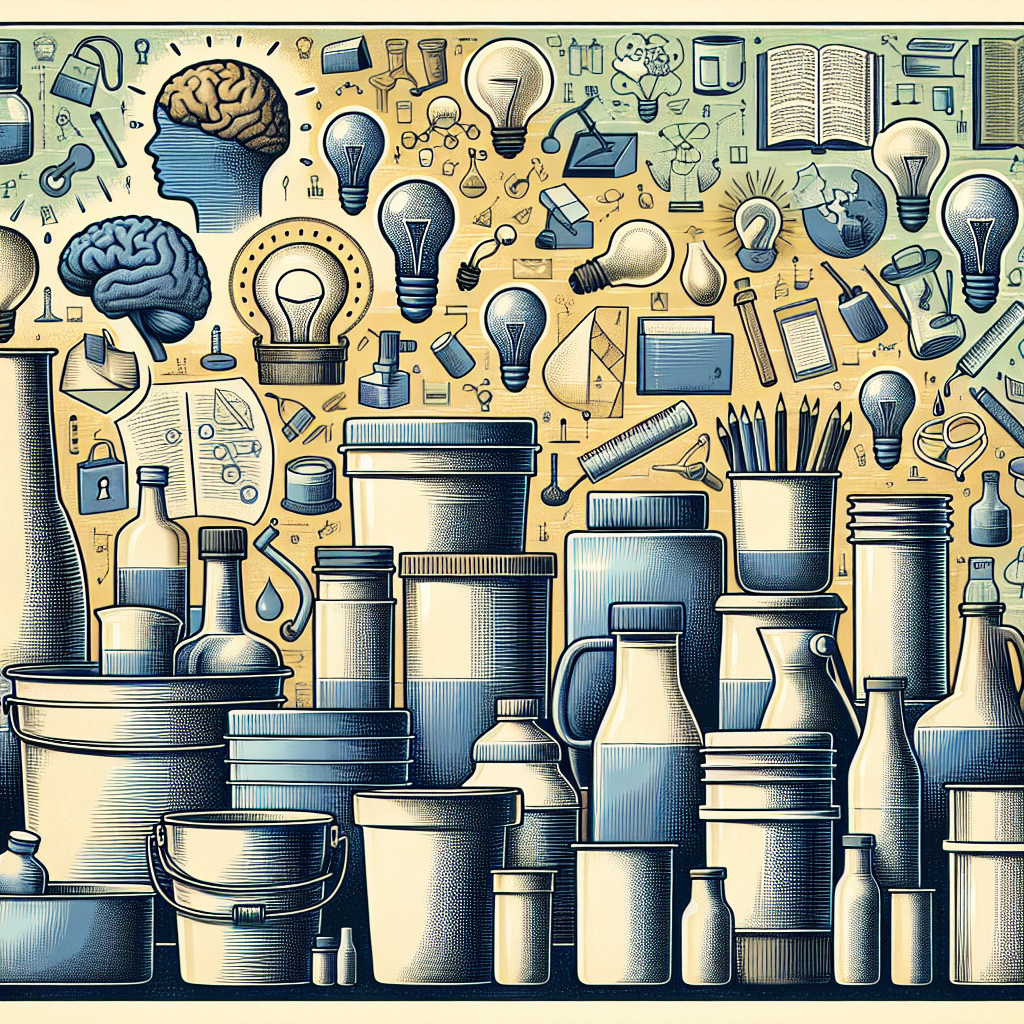Capacity is a term that is often used in various contexts, such as in business, psychology, and law. But what exactly does it mean, and why is it important to understand? In this article, we will delve into the concept of capacity, what it entails, and why it matters in different aspects of life.
Capacity can be defined as the ability or power to do, experience, or understand something. It is the mental or physical capability to perform a task or make a decision. In legal terms, capacity refers to an individual’s ability to understand and make informed decisions about their own well-being, such as managing their finances, making healthcare decisions, or signing legal contracts. In psychology, capacity is often used to assess cognitive abilities and mental functions, such as memory, attention, and problem-solving skills.
Understanding capacity is crucial in various aspects of life for several reasons. Firstly, having a clear understanding of one’s own capacity can help individuals make informed decisions about their lives. For example, knowing one’s financial capacity can prevent overspending and debt accumulation. Knowing one’s physical capacity can prevent injury and burnout from overexertion in physical activities.
In the legal realm, capacity is a critical factor in determining an individual’s ability to make legally binding decisions. For instance, in order to sign a contract, a person must have the capacity to understand the terms of the agreement and the consequences of entering into it. If someone lacks the capacity to make decisions, such as in cases of dementia or mental illness, they may need a legal guardian to make decisions on their behalf.
In healthcare, understanding capacity is essential for providing appropriate medical care. Healthcare professionals must assess a patient’s capacity to consent to treatment, understand the risks and benefits, and make informed decisions about their care. If a patient lacks the capacity to make decisions, healthcare providers may need to involve family members or legal guardians in the decision-making process.
Overall, understanding capacity is crucial for making informed decisions, protecting individuals’ rights, and ensuring their well-being. By recognizing and respecting one’s own capacity and the capacity of others, we can promote autonomy, dignity, and self-determination in all aspects of life. It is important to seek support and guidance when needed, especially in situations where capacity may be compromised. By acknowledging and addressing capacity issues, we can ensure that individuals are able to lead fulfilling and empowered lives.


Leave a Reply